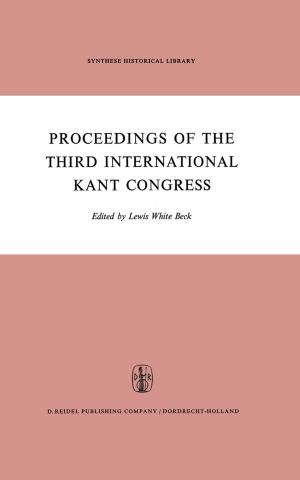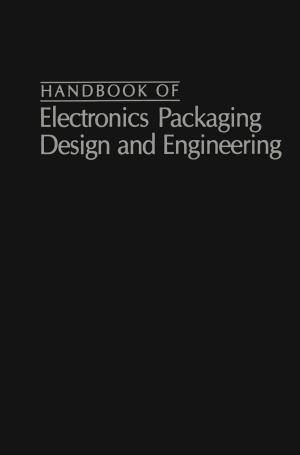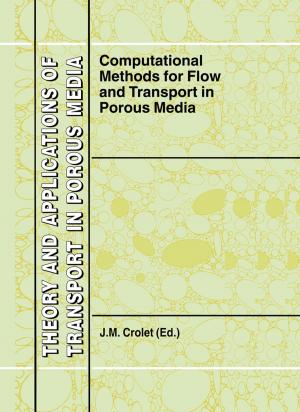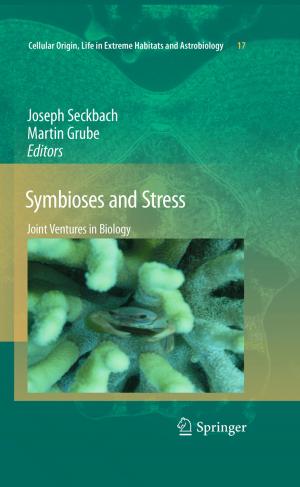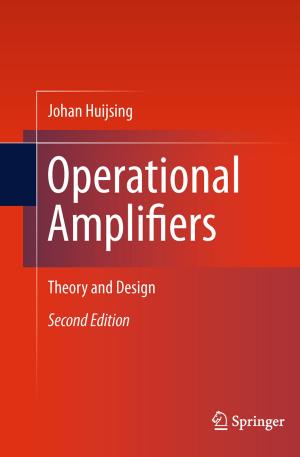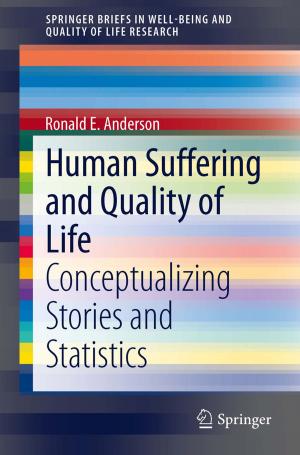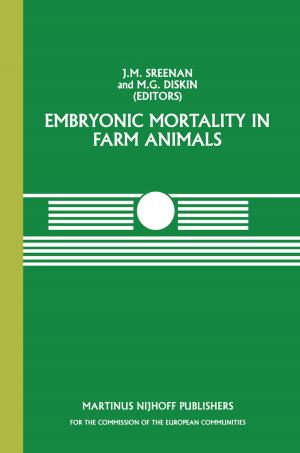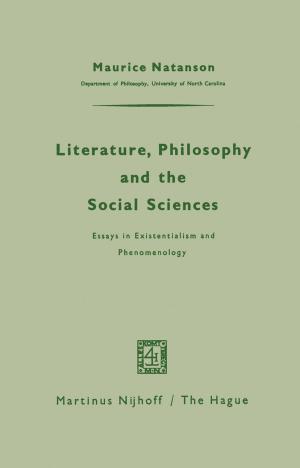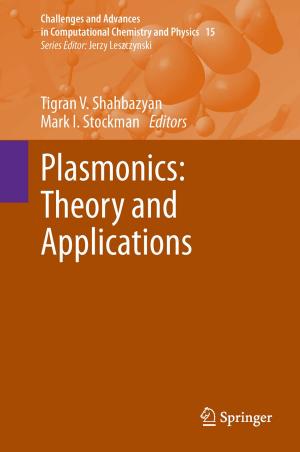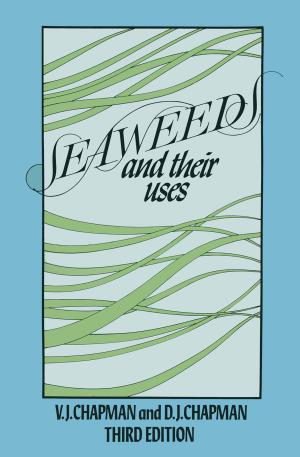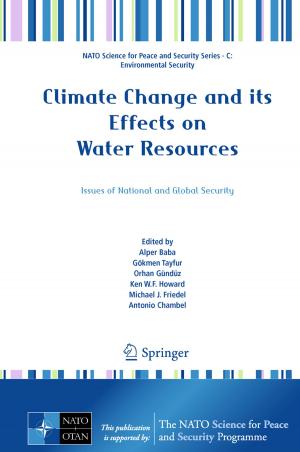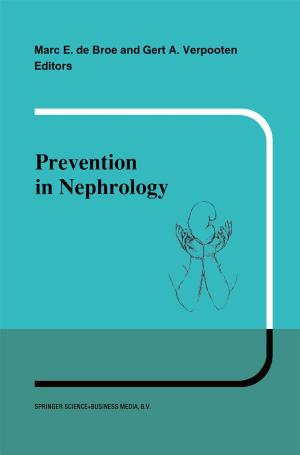Porphyry’s Place in the Neoplatonic Tradition
A Study in Post-Plotinian Neoplatonism
Nonfiction, Religion & Spirituality, Philosophy, Ancient| Author: | A. Smith | ISBN: | 9789401016049 |
| Publisher: | Springer Netherlands | Publication: | December 6, 2012 |
| Imprint: | Springer | Language: | English |
| Author: | A. Smith |
| ISBN: | 9789401016049 |
| Publisher: | Springer Netherlands |
| Publication: | December 6, 2012 |
| Imprint: | Springer |
| Language: | English |
This book is a slightly emended version of a dissertation presented at the University of Hull in 1972. I realise only too well the deficiencies of style, presentation and material which this involves. The title implies a more final note than I had intended in my treatment of Porphyry. On reflexion, however, it seemed the most suited to convey the general purpose of my enquiries. A more rounded assessment of Porphyry can come only after some more basic work has been completed. An edition of his philosophical fragments, to which I am now turning my attention, is a prerequisite. lowe, of course, a great deal to all those who have written on Neo platonism. I am particularly indebted to Prof. Willy Theiler under whose guidance I studied in Bern. Conversation with him always resulted in new directions of enquiry and I was constantly stimulated by his breadth of knowledge. I must also thank Prof. A. H. Armstrong who has constantly encouraged me and helped me to look more deeply into a number of problems. Welcome, too, was a detailed criticism of Part Two by Dr. R. T. Wallis. Their criticism and advice have not always been followed and the responsibility for the faults and weak nesses of this book rests on myself.
This book is a slightly emended version of a dissertation presented at the University of Hull in 1972. I realise only too well the deficiencies of style, presentation and material which this involves. The title implies a more final note than I had intended in my treatment of Porphyry. On reflexion, however, it seemed the most suited to convey the general purpose of my enquiries. A more rounded assessment of Porphyry can come only after some more basic work has been completed. An edition of his philosophical fragments, to which I am now turning my attention, is a prerequisite. lowe, of course, a great deal to all those who have written on Neo platonism. I am particularly indebted to Prof. Willy Theiler under whose guidance I studied in Bern. Conversation with him always resulted in new directions of enquiry and I was constantly stimulated by his breadth of knowledge. I must also thank Prof. A. H. Armstrong who has constantly encouraged me and helped me to look more deeply into a number of problems. Welcome, too, was a detailed criticism of Part Two by Dr. R. T. Wallis. Their criticism and advice have not always been followed and the responsibility for the faults and weak nesses of this book rests on myself.


